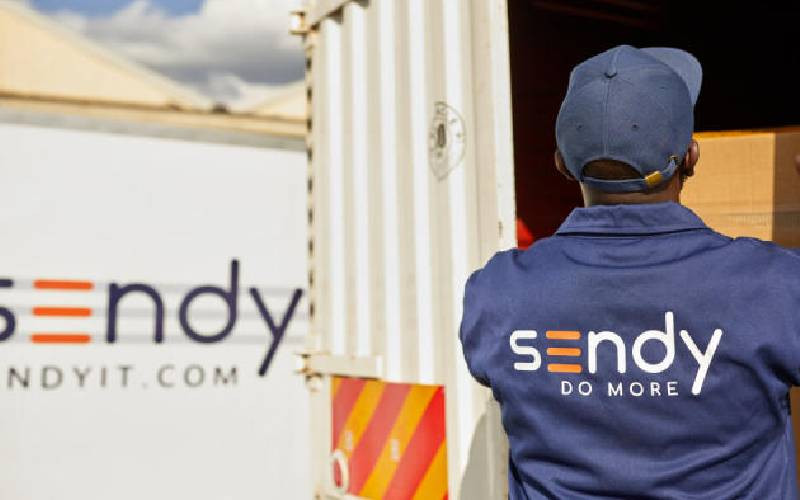×
The Standard e-Paper
Join Thousands Daily

Embattled Japanese auto giant Toyota-backed Kenyan logistics startup Sendy is staring at an uncertain future after being placed under administration amid financial difficulties.
Consultancy firm PKF has taken over the management of the once promising firm, the audit firm said in a paid-up notice in the dailies yesterday.